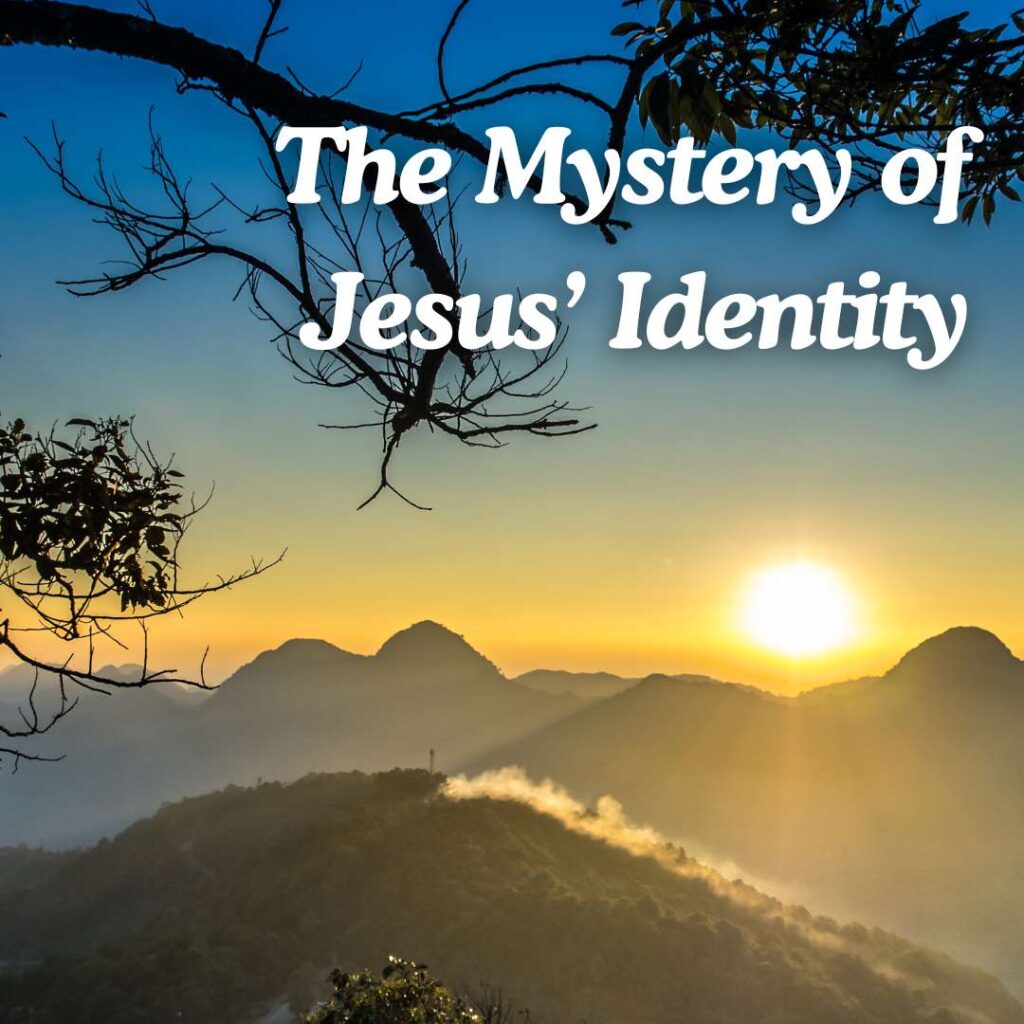 Scripture:
Scripture:
Luke 9:18-22 (WEBBE)
“It happened, as he was praying alone, the disciples were with him, and he asked them, saying, “Who do the crowds say that I am?” They answered, “John the Baptist, but others say Elijah, and others that one of the old prophets has risen again.” He said to them, “But who do you say that I am?” Peter answered, “The Christ of God.” But he warned them, and commanded them to tell this to no one, saying, “The Son of Man must suffer many things, and be rejected by the elders and chief priests and scribes, and be killed, and the third day be raised up.”
Reflection:
In this passage, Jesus engages in a moment of profound revelation and reflection with His disciples. He begins by inquiring about public opinion regarding His identity, then shifts to a more personal and crucial question: “But who do you say that I am?” Peter’s response, “The Christ of God,” is a pivotal moment in the disciples’ understanding of Jesus’ true nature and mission.
Public Perception vs. Personal Revelation: Jesus first asks about what the crowds say about Him, revealing the varied and speculative views people have. Some think He is John the Baptist returned from the dead, others believe He is Elijah or another prophet. These responses highlight the confusion and differing expectations surrounding Jesus’ identity. However, public opinion is not sufficient for a true understanding of Jesus.
Peter’s Confession: Jesus then focuses on His disciples, asking them directly for their understanding. Peter’s declaration that Jesus is “The Christ of God” is a moment of clarity and divine revelation. Peter recognizes Jesus as the long-awaited Messiah, the anointed one sent by God. This confession is significant because it acknowledges Jesus as the fulfillment of Old Testament prophecies and the central figure in God’s plan for salvation.
The Cost of Discipleship: Following Peter’s confession, Jesus explains the necessary suffering and rejection that lies ahead for Him. He speaks of His impending suffering, rejection, death, and resurrection. This revelation underscores the cost of His mission and the reality of the path He must walk. It also prepares the disciples for the challenges ahead, revealing that following Jesus involves understanding and embracing His sacrificial mission.
Keeping the Revelation: Jesus instructs His disciples to tell no one about His identity as the Christ. This command reflects the need for His mission to unfold according to God’s timing and plan. It also emphasizes that understanding Jesus’ identity is not just about proclaiming it publicly but involves grasping the deeper implications of His suffering and redemptive work.
As we reflect on this passage, we are invited to consider our own understanding of Jesus. Do we recognize Him as the Christ of God, and how does this understanding impact our lives and our following of Him? Are we prepared to embrace the cost of discipleship, as Jesus described?
Prayer:
Lord Jesus, we thank You for revealing Yourself as the Christ, the Messiah sent by God. Help us to understand the significance of this truth and to live in light of Your identity and mission. Give us the courage to embrace the cost of following You, including the challenges and sacrifices that may come our way. Teach us to keep Your revelation at the center of our lives, to live faithfully in response to Your call, and to follow You with a clear understanding of the path You have set before us. In Your name, Amen.
Application:
- Reflect on your personal understanding of Jesus as the Christ. How does this recognition influence your daily life and decisions?
- Consider the implications of Jesus’ suffering and mission. Are you prepared to follow Him through the challenges and sacrifices that may arise?
- Evaluate how you respond to the revelation of Jesus in your own life. Are you keeping this understanding central to your faith journey and daily actions?
Verse for Meditation:
“Peter answered, ‘The Christ of God.’” (Luke 9:20, WEBBE)



